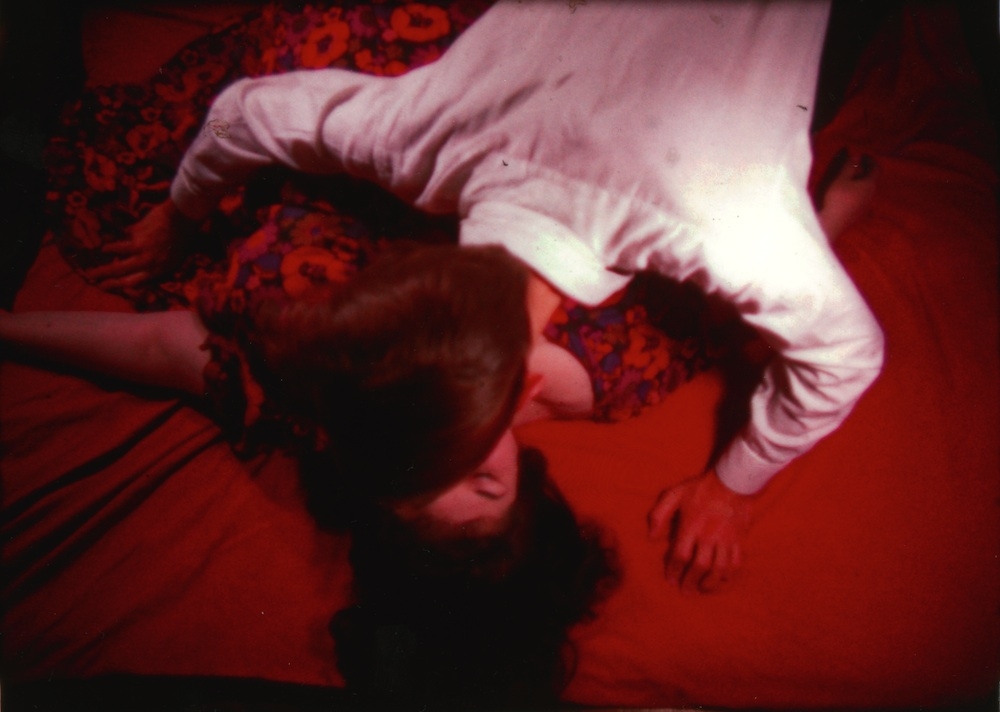The Illiac Passion
IJpromenade 1
1031 KT Amsterdam
Netherlands
Markopoulos/Beavers: Film as Film
Gregory J. Markopoulos, The Illiac Passion, 1964-67, 91 min
Introduced by Mark Webber
Throughout his life, Markopoulos remained closely connected to his heritage and made many works that connected with ancient Greek culture. The Illiac Passion, one of his most highly acclaimed films, is a visionary interpretation of ‘Prometheus Bound’ starring mythical beings from the 1960s underground. The cast includes Jack Smith, Taylor Mead, Beverly Grant, Gregory Battcock and Gerard Malanga, and Andy Warhol appears as Poseidon riding an exercycle, The extraordinary soundtrack of this re-imagining of the classical realm features a fractured reading of Henry Thoreau’s translation of the Aeschylus text and excerpts from Bartók’s Cantata Profana. Writing about this erotic odyssey, Markopoulos asserted that “the players become but the molecules of the nude protagonist, gyrating and struggling, all in love, bound and unbound, from situation to situation in the vast sea of emotion.”
Mark Webber
…
The Illiac Passion
Gregory J. Markopoulos, 1964-67, USA, 16mm, colour, sound, 91 minutes
“Metamorphosis of the filmmaker. Passions of the filmmaker. Out of his breast the free flowing blood of the creation of a motion picture which depicts the passions of mankind and of everyman in general. The filmmaker selecting and offering to his actors the inheritance of themselves, transforming them through themselves, their own life’s scenario, onto the motion picture screen. A screen in which everything is both transfixed and changed. Not only the filmmaker undergoes changes, i.e. the creative endeavour, but his actors or non-actors, and everyone who associates himself with the very moments during which the filmmaker is working. In this case the greatest alteration taking place towards the film spectator. The new film spectator of the new cinema.” (Gregory J. Markopoulos, 1967)

